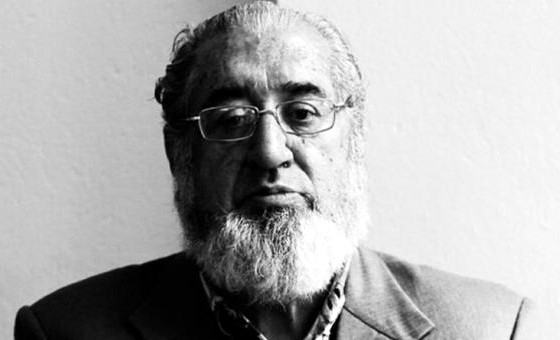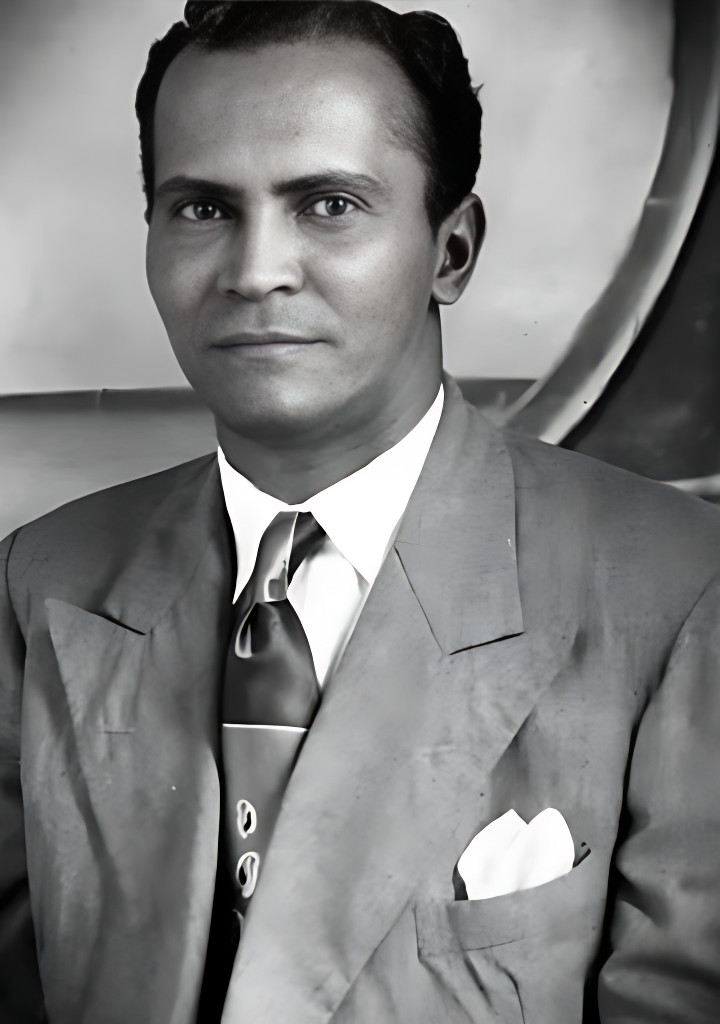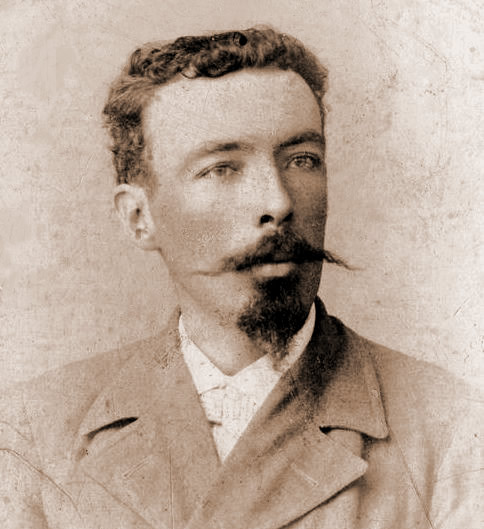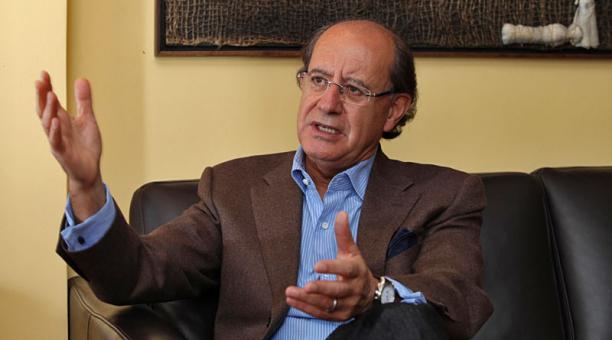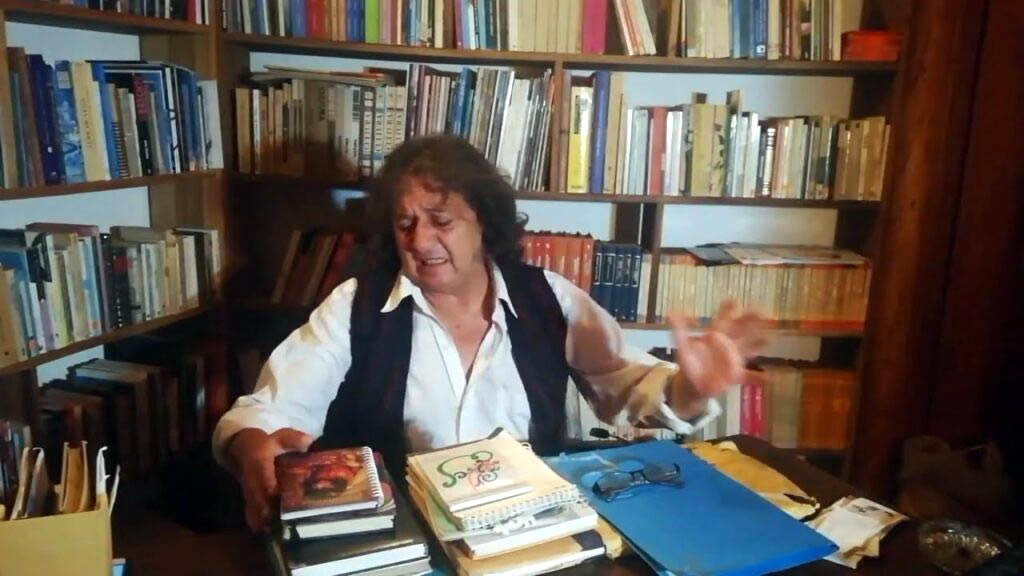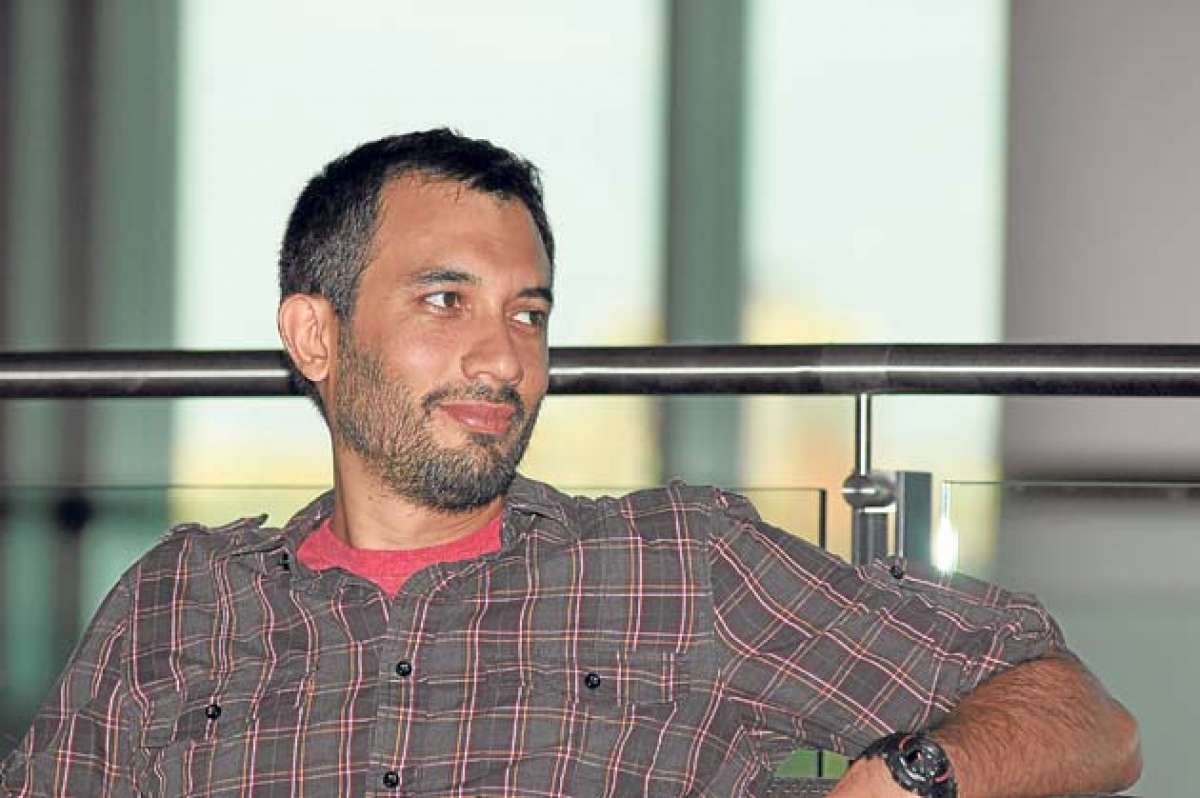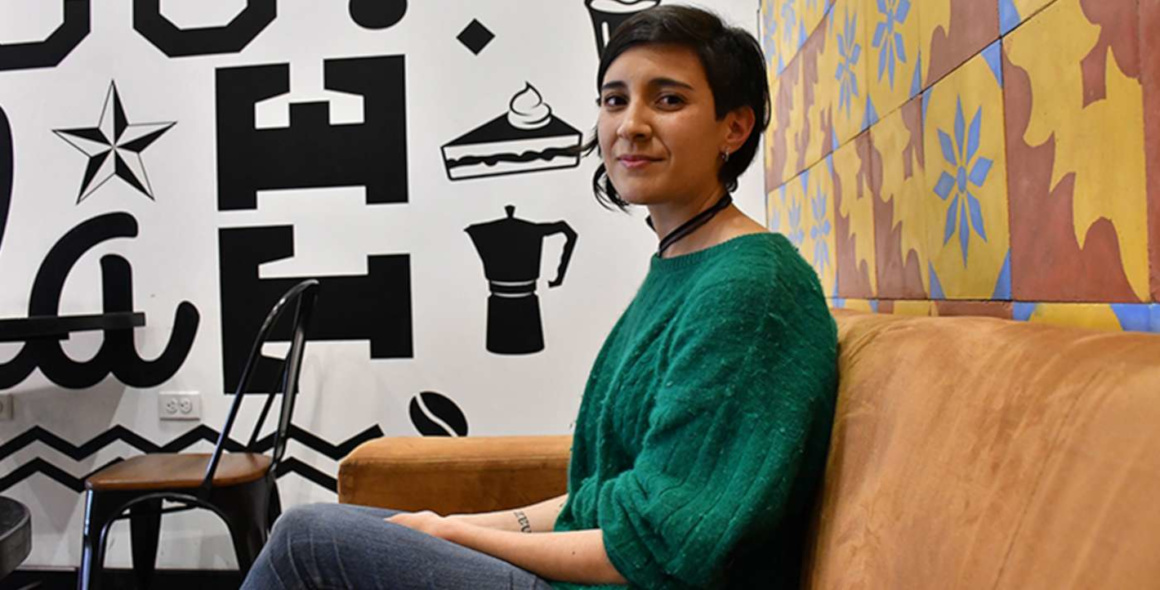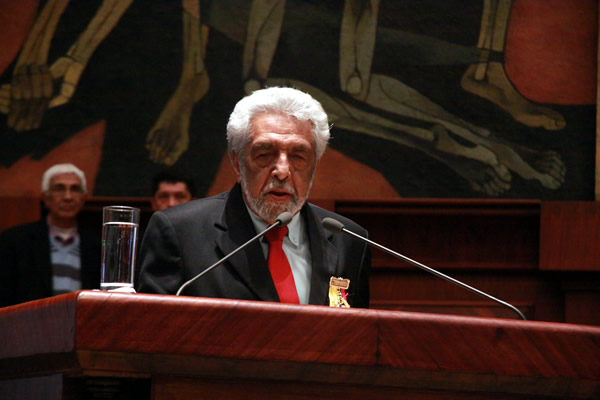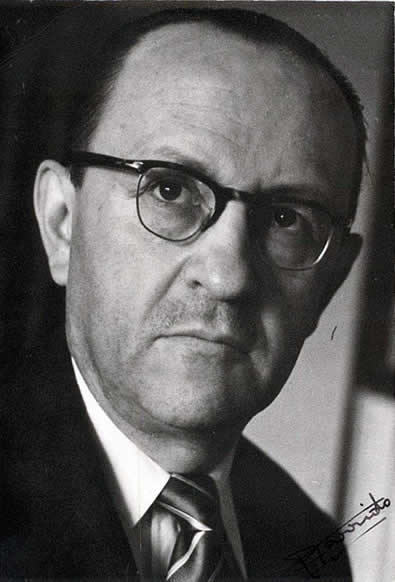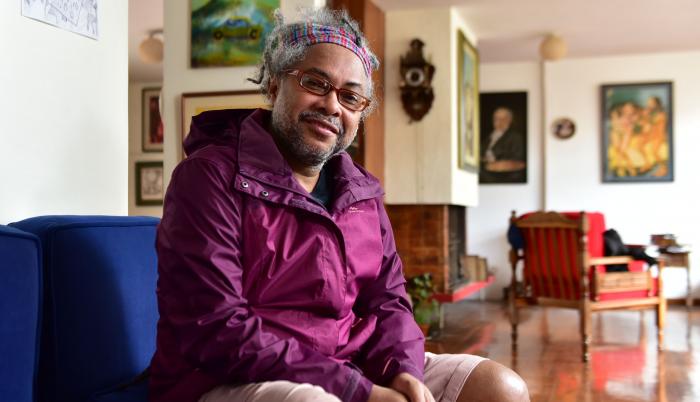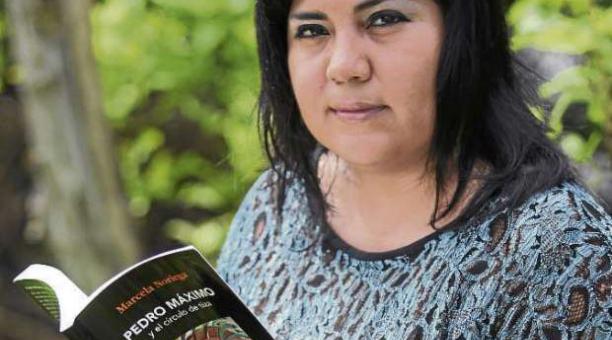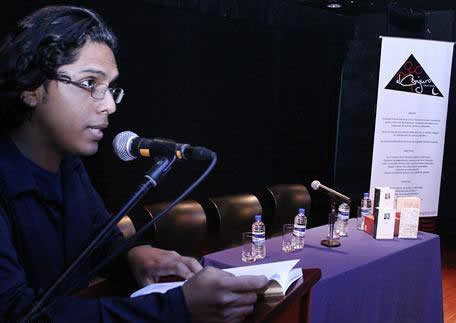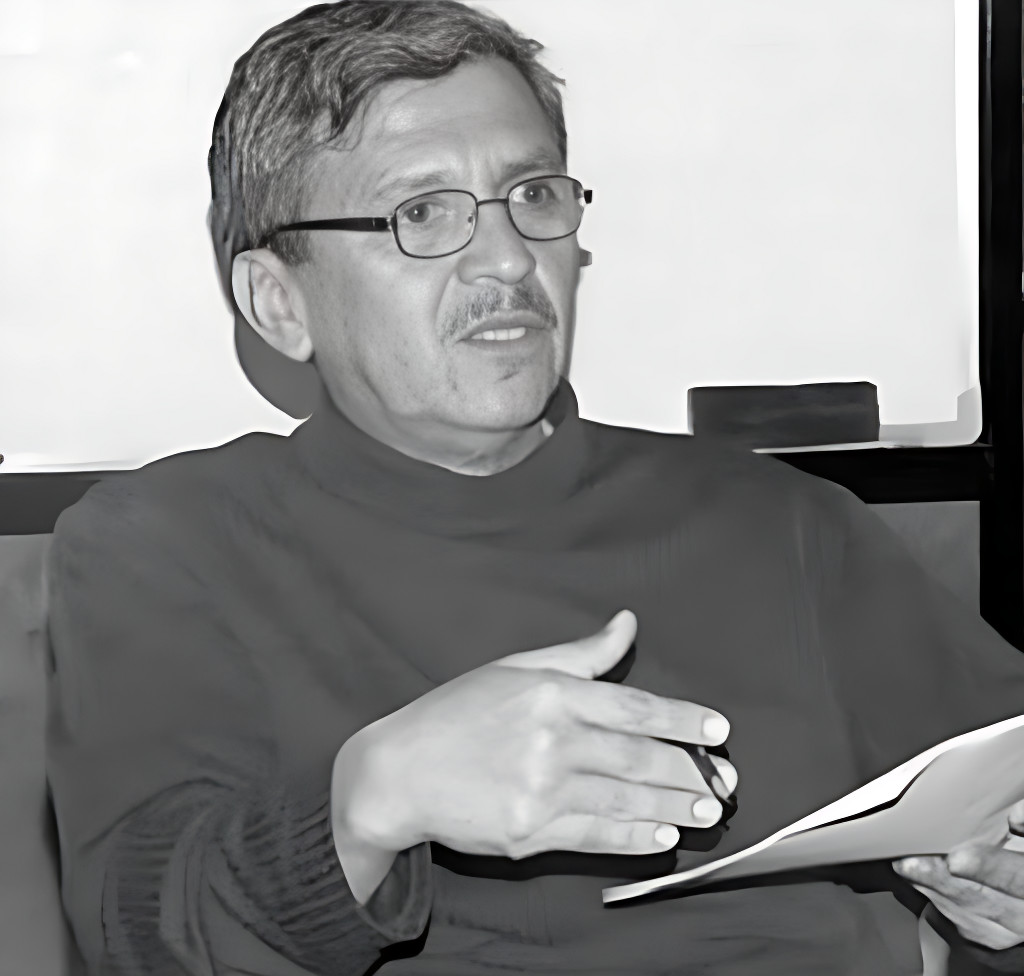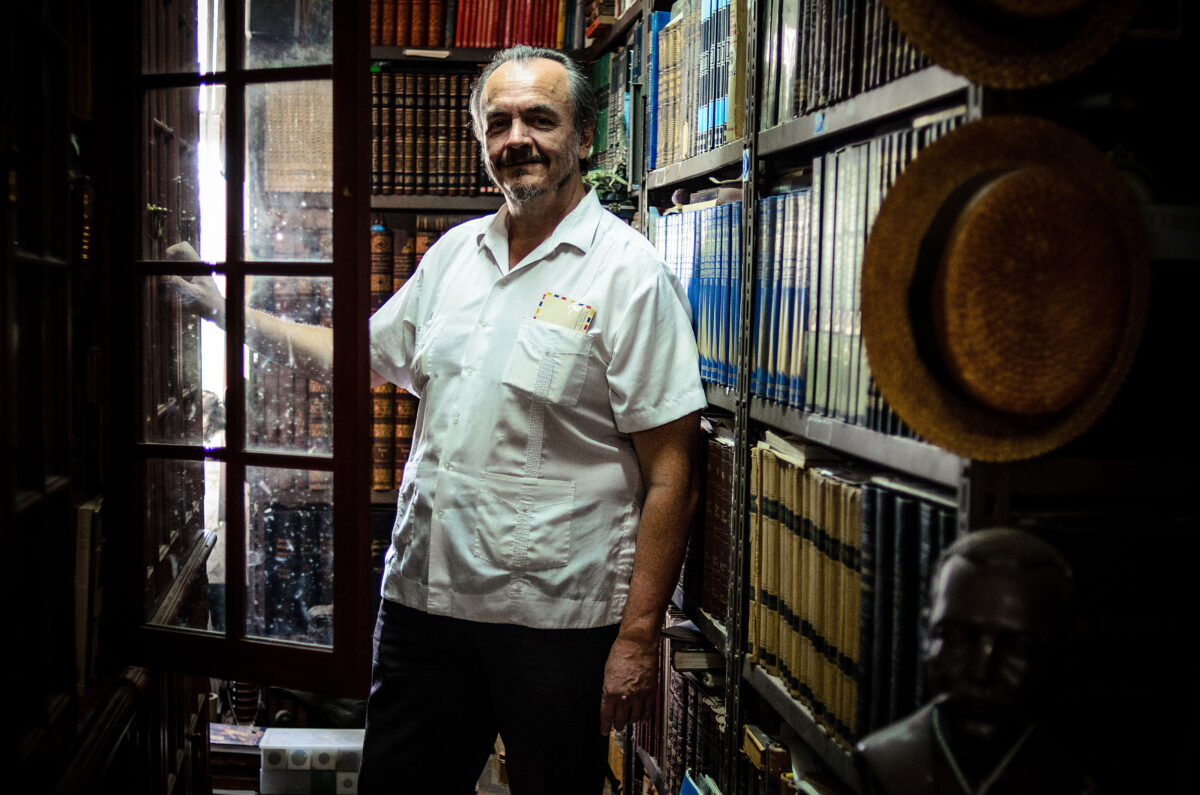Alejandro Moreano (Quito, 1945) is an Ecuadorian writer, essayist, university professor, novelist, literary critic, and political scientist. On four occasions he was the director of the school of sociology at the Central University of Ecuador, and has been a professor at the Pontifical Catholic University of Ecuador, and is currently a visiting professor at the Simon Bolivar Andean University (Ecuador). His latest novel El crímen del tarot (2020), which Moreano has described as “a novel within a novel,” has to do with politics, theater, love and eroticism.
Continue reading “Alejandro Moreano”Posts
Nelson Estupiñán Bass
Nelson Estupiñán Bass (Sua, Esmeraldas, September 19, 1912 — Pennsylvania, United States, March 3, 2002) was an Afro-Ecuadorian novelist, short story writer, poet, essayist, journalist and diplomat. He served as the president of the Esmeraldas chapter of the House of Ecuadorian Culture. His first novel Cuando los guayacanes florecían (1954; translated into English as When the Guayacans Were in Bloom, 1987) is widely read in Ecuador and Latin America, and has been translated into English, German, French and Russian. In 1993 Bass received Ecuador’s highest literary honor, the Eugenio Espejo Award. In 1998, Estupiñán Bass was nominated for the Nobel Prize in Literature. While giving a series of lectures in 2002 at Penn State University Bass became ill with pneumonia and succumbed to the deadly illness at the Hershey Medical Center on March 3, 2002
Continue reading “Nelson Estupiñán Bass”Luis A. Martinez
Luis Alfredo Martínez Holguín (Ambato, June 23, 1869 – Ambato, November 26, 1909) was an Ecuadorian writer, painter, politician, and agriculturist. His novel A la Costa (1904) is considered a masterpiece of Ecuadorian literature and one of the earliest works of realism in the country. In addition to his literary achievements, Martínez was a skilled painter, with several of his best works housed internationally, including in the United States Library of Congress and the Vatican Museum. Politically, he opposed the government of Eloy Alfaro and was involved in the resistance against liberal guerillas in the 1890s.
Continue reading “Luis A. Martinez”Jaime Marchán
Jaime Marchán Romero (Quito, March 15, 1947) is an Ecuadorian writer, diplomat, and academic. He holds degrees in Political and Social Sciences and in Jurisprudence from the Pontificia Universidad Católica del Ecuador (PUCE). As a member of the post-boom generation of Latin American writers, his literary works are known for their stylistic purity and complex character psychology. Marchán has published several notable works, including La otra vestidura (1991) and Volcán de niebla (2012), which won the Joaquín Gallegos Lara National Fiction Prize in 2013. In addition to his literary career, he has held significant diplomatic roles, representing Ecuador in multiple countries and serving as Vice Minister of Foreign Affairs and ambassador. He is also a full member of the Academia Ecuatoriana de la Lengua, occupying seat “Ñ” since 2013.
Continue reading “Jaime Marchán”Patricio Vallejo Aristizábal
Patricio Vallejo Aristizábal (Quito, 1964) is an Ecuadorian actor, director, dramaturg, playwright, and professor. In 2013, his play Caminando sobre arenas movedizas (2012) won the Joaquín Gallegos Lara Prize. He has written books on theater, such as Teatro y vida cotidiana (2003), El teatro político y la figura del Inca (2003), and La Niebla Y La Montaña: Tratado Sobre El Teatro Ecuatoriano Desde Sus Orígenes (2011). In 2001, the House of Ecuadorian Culture bestowed on Vallejo the “National Theatrical Merit Award.”
Continue reading “Patricio Vallejo Aristizábal”Esteban Mayorga
Esteban Mayorga (Quito, 1977) is an Ecuadorian writer. He received his PhD in Hispanic Studies from Boston College. He is on the faculty of the Department of Modern and Classical Languages at Niagara University, New York, and Universidad San Francisco de Quito, Ecuador. His areas of research include the Latin American novel, travel writing, contemporary transatlantic fiction, and comparative literature. Mayorga has written a variety of fiction works, including the novella Vita Frunis (2010, winner of the Pablo Palacio Prize), and the novels Moscow, Idaho (2015), Cuarenta (2018), and Faribole (2018). He also wrote the short story books Un cuento violento (2007, winner of the Joaquín Gallegos Lara Prize) and Musculosamente (2012). Every other year he teaches a course on Latin American travel literature and takes students to the Galápagos Islands and the jungle of Ecuador.
Continue reading “Esteban Mayorga”Natalia García Freire
Natalia García Freire (Cuenca, 1991) is an Ecuadorian journalist and writer. As a freelance writer her articles have been published in Univisión, El Hoy, Plan V Magazine, El Mercurio, CityLab Latino and BG Magazine. In 2019, Jorge Carrion of the New York Times included García’s debut novel “Nuestra piel muerta” in his article of the best Spanish-language books of the year. García currently lives in Madrid, Spain.
Continue reading “Natalia García Freire”Jaime Galarza Zavala
Jaime Alejandro Galarza Zavala (Cuenca, July 28, 1930 – Quito, July 20, 2023) was an Ecuadorian writer, poet, journalist, and politician. He was a prominent advocate for social justice and national sovereignty, publishing over 20 books, including El Yugo Feudal and El Festín del Petróleo, which exposed corruption in Ecuador’s oil industry. Galarza also authored Quienes mataron a Roldós, investigating the controversial death of Ecuadorian President Jaime Roldós. Deeply involved in political activism, he co-founded the revolutionary youth movement URJE and served as Ecuador’s first Minister of the Environment. His work garnered international attention and led to his imprisonment, with figures like Julio Cortázar advocating for his release.
Continue reading “Jaime Galarza Zavala”Alfonso Rumazo González
Alfonso Rumazo González (Latacunga, Ecuador, 1903 — Caracas, Venezuela, 2002) was an Ecuadorian writer, historian, essayist and literary critic. He authored over 30 books in various fields (poetry, fiction, biography, literary criticism). Among his notable works is the biography Manuela saenz, la libertadora del libertador (Quito, 1984), about Doña Manuela Sáenz de Vergara y Aizpuru (1797-1856) who was an Ecuadorian revolutionary heroine of South America who had an intimate relationship with Simon Bolivar around 1822–1830. Rumazo González was nominated for the Nobel Prize in 1999.
Continue reading “Alfonso Rumazo González”Andrés Villalba
Andrés Villalba Becdach is a writer and poet. He was born in Quito in 1981. He studied Social Communication in Quito, journalism in Los Angeles and Latin American literature at Sapienza University of Rome. His books include: Cuaderno Zero (2010), Luigi Stornaiolo: el arte de la digresión (honorable mention in the José Peralta National Journalism Prize, 2010), Obscenidad del vencido (2010), Menos que cero (2011), Muñones (2011), De los acorralados es el reino (2014), Soterramiento (2014), No mueras joven, todavía queda a gente a quien decepcionar (winner of the Jorge Carrera Andrade National Poetry Prize, 2015), Una natural tendencia a la desintegración (fragment, 2017; complete edition, 2018). He also put together the anthology of Ecuadorian poetry Caballo sea la noche.
Continue reading “Andrés Villalba”Francisco Santana
Francisco Santana Segura (Guayaquil, 1968) is an Afro-Ecuadorian novelist, short story writer and journalist. He has worked as a writer for the newspapers El Universo and El Telégrafo, and the magazines SoHo and Mundo Diners. His latest novel is La Piel es un Veneno (2020). His genre, often described as “dirty realism,” by critics delves deep into the gritty and unfiltered aspects of life, painting vivid pictures of reality.
Continue reading “Francisco Santana”Marcela Noriega
Marcela Noriega Rodríguez (Guayaquil, 1978) is an Ecuadorian writer, journalist and professor. She is the author of a novel, poetry books, and juvenile and children’s literature. At the age of 19, she won second place at the Biennial of Ecuadorian Poetry in Cuenca and in 2009 she won first place in the same contest with her book No hay que dar voces, published by the University of Cuenca, with support from the Ministry of Culture. She is the author of the novel Pedro Máximo y el círculo de tiza (2012).
Continue reading “Marcela Noriega”César Eduardo Galarza
César Eduardo Galarza (Guayaquil, Ecuador, 1981) is a poet, writer, cultural advisor, academic, radio presenter, and filmmaker. He was a member of the literary workshop of renowned Ecuadorian author Miguel Donoso Pareja from 1999 to 2007. Galarza debuted with Polvo fue su piel (2000), followed by contributions to Mensaje en una botella (2002) and Madera muerta (2008), which earned him recognition at the “Alfonso Carrasco Vintimilla” Ecuadorian Literature Meeting. In addition to his literary career, he has worked as a cultural advisor, and hosted a radio segment on cultural cinema.
Continue reading “César Eduardo Galarza”Roy Sigüenza
Roy Sigüenza (Portovelo, El Oro Province, Ecuador, 1958) is an Ecuadorian poet known for his homoerotic themes and transforming ordinary life into settings for intimate encounters. While his poetry often favors brevity and simplicity, he occasionally incorporates stylized language and references to other gay writers from Europe and the U.S. Within Ecuador’s poetic scene, Sigüenza has pioneered a new lyric voice, openly writing about marginalized sexual experiences, influencing a generation of poets. His candid, confessional style has established him as a literary rebel in the country.
Continue reading “Roy Sigüenza”Melvin Hoyos Galarza
Melvin Hoyos Galarza (Guayaquil, January 9, 1956) is an Ecuadorian historian, architect, and cultural administrator known for his extensive contributions to preserving and promoting Guayaquil’s heritage. Since 1992, he has directed the Municipal Library of Guayaquil, where he oversaw the restoration of historic collections and revived the Boletín de la Biblioteca Municipal, a publication dormant for 80 years. In 2000, he was appointed Director of Guayaquil’s Department of Library, Museum, and Arts, where he transformed the city’s cultural institutions, notably founding the City’s Historical Museum. A distinguished member of the National Academy of History, Hoyos has authored significant works on Ecuadorian history, numismatics, and architecture, including La Moneda Ecuatoriana a Través de los Tiempos (The Ecuadorian Currency Through the Ages, 1998) and Guayaquil: Memorias Urbanas (Guayaquil: Urban Memories, 2007).
Continue reading “Melvin Hoyos Galarza”
